What Are Capers and Their Flavor Profile
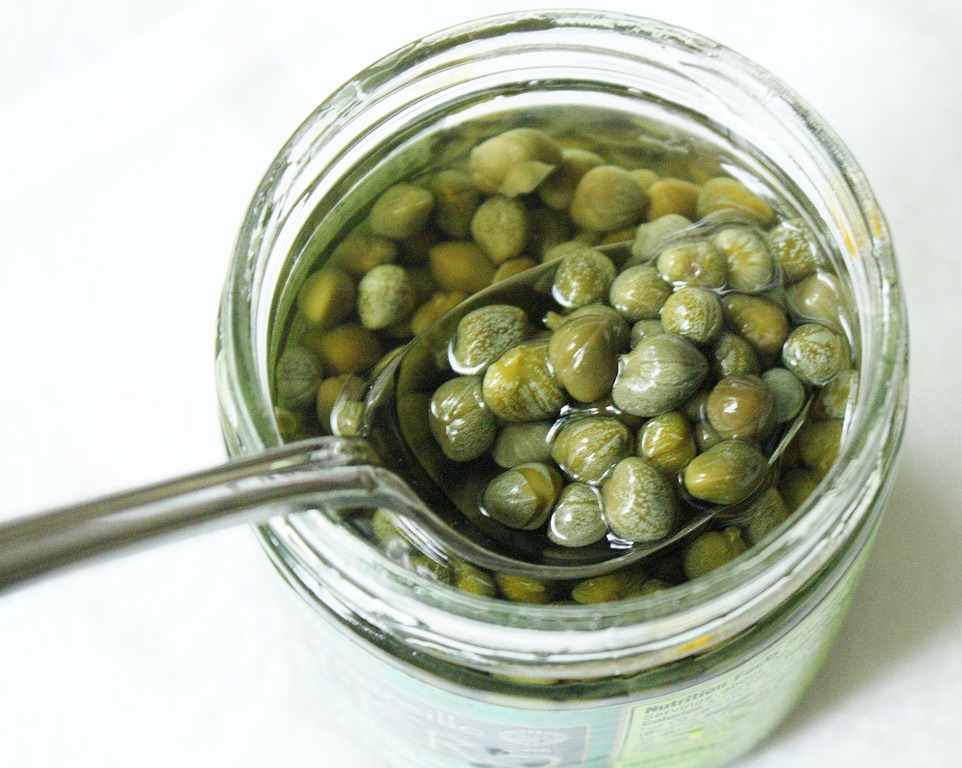
Capers are small flower buds that are brined or pickled, originating from Mediterranean regions like Italy and Greece. Known for their intense and bold flavor, capers have a unique taste profile – lemony, olivey, and salty. They add a tangy and acidic kick to dishes and are often used as a garnish or ingredient in sauces, salads, pasta, and seafood dishes. The briny and vinegary taste of capers comes from the packaging process. When using capers in cooking, they are typically added towards the end of the process to retain their shape and flavor.
What are capers and where do they come from?

Capers are small flower buds that come from the caper bush or Flinder's rose, a flowering plant native to the Mediterranean region. After harvesting, the buds are pickled in salt or a salt-vinegar mixture, which gives them their distinct savory flavor. These pickled capers are then used as a flavor-enhancing ingredient in various dishes.
Understanding the taste and texture of capers
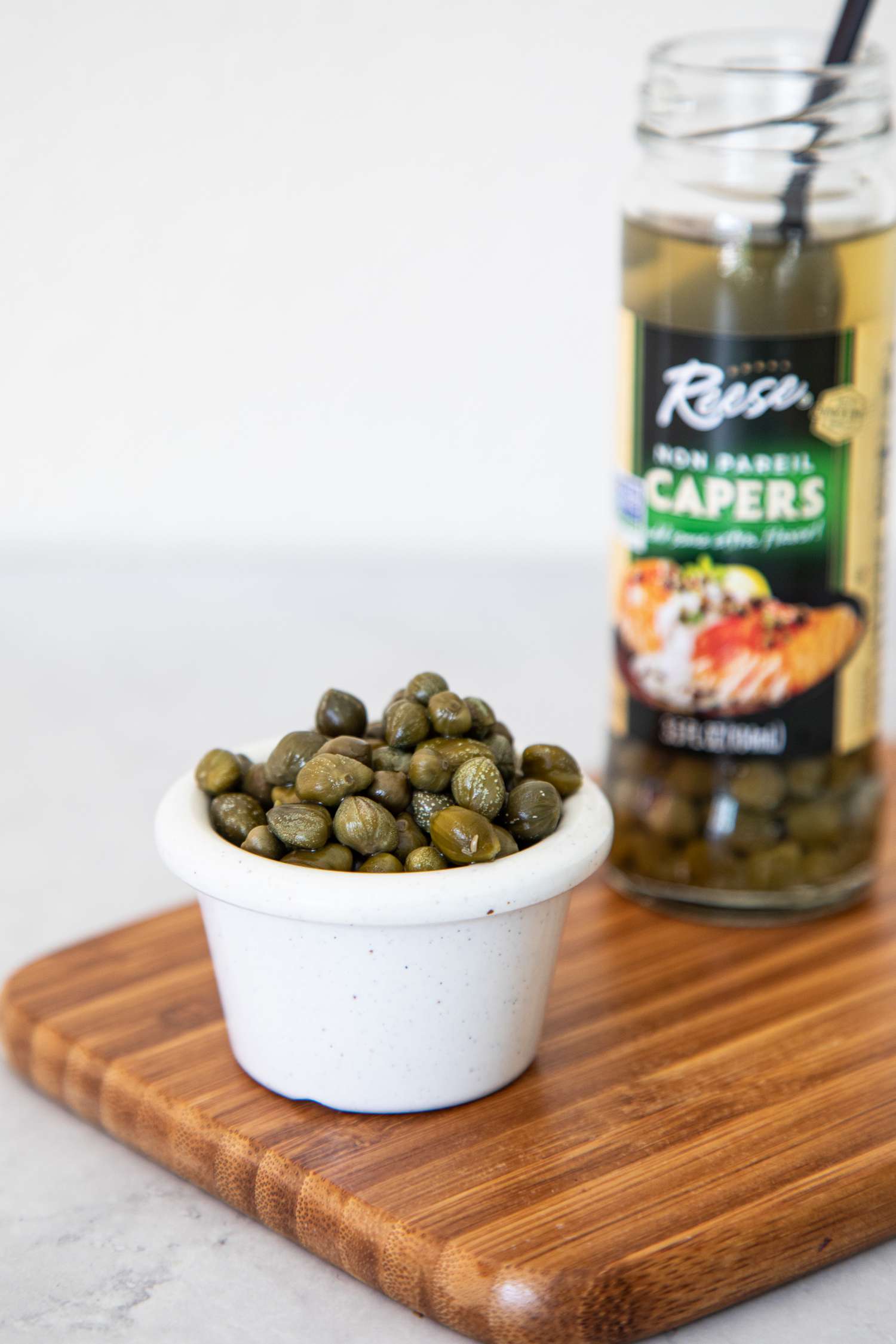
When it comes to describing the taste of capers, they have a distinct tanginess that can be compared to a combination of olives, pickles, and lemons. They provide a burst of flavor with a brininess reminiscent of olives, a tanginess like pickles, and a citrusy lemon-like taste. As for the texture, it can vary depending on the size and quality of the capers, ranging from soft to slightly crunchy. Experimenting with capers in different dishes can help you appreciate their unique taste and texture even more.
Culinary Uses of Capers
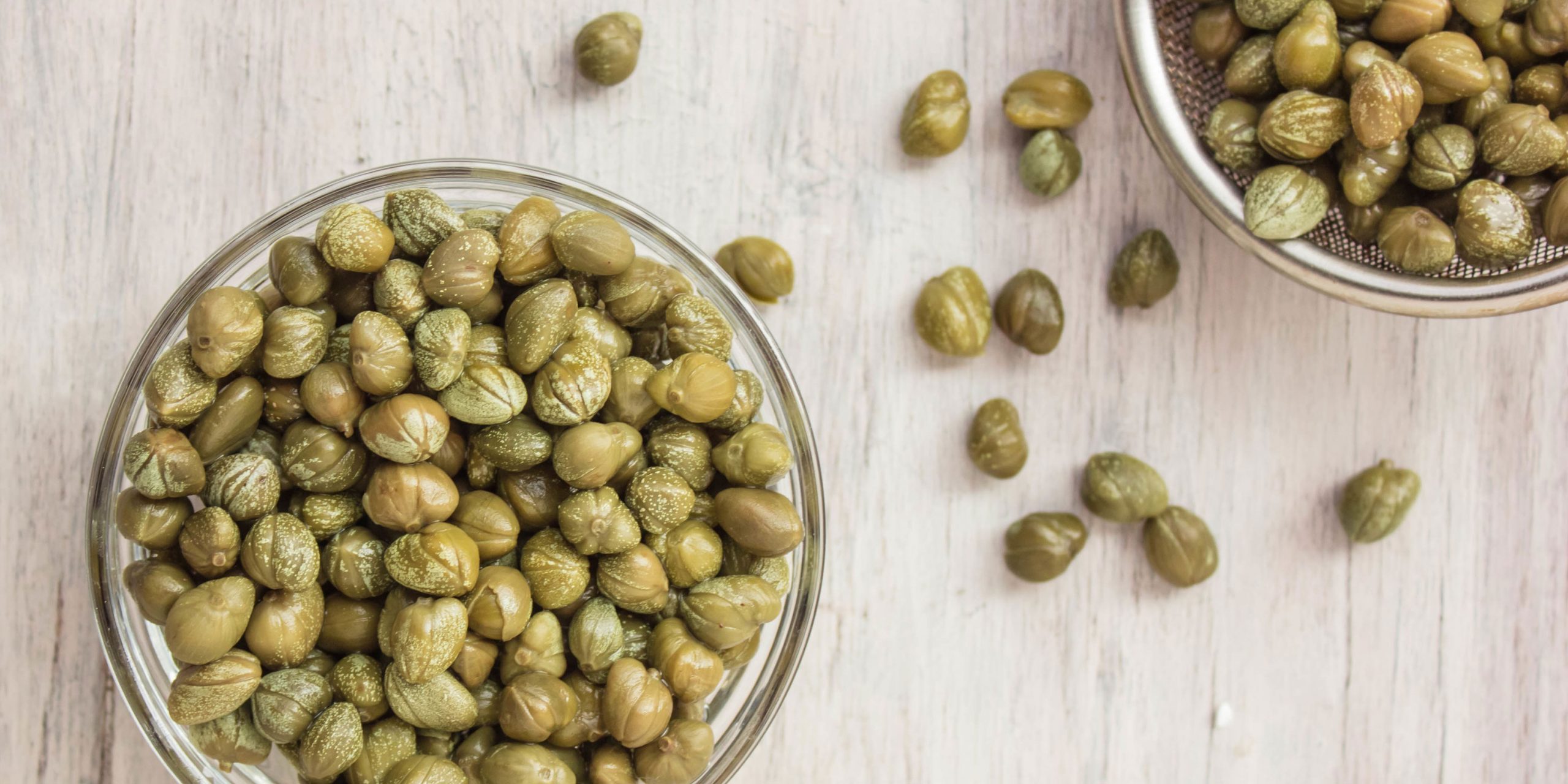
Capers are a versatile culinary ingredient that can be used in a variety of dishes. They add a unique, tangy flavor and a briny kick to recipes. Some common uses of capers include adding them to sauces, dressings, and marinades, sprinkling them over salads or roasted vegetables, using them as a topping for fish or chicken dishes, and incorporating them into pasta or grain-based dishes. Their bold flavor can elevate the taste of many dishes and provide a touch of sophistication to your culinary creations.
How to cook with capers in various dishes

To cook with capers in various dishes, you can start by adding them to sauces or dressings to enhance their flavor. You can also sprinkle them over salads or roasted vegetables for added tanginess. When it comes to seafood dishes, capers make a great topping for fish or chicken. Additionally, you can incorporate capers into pasta or grain-based dishes for an extra punch of taste. Experimenting with capers in your cooking can elevate the flavors of your dishes and add a touch of sophistication.
Incorporating capers into salads, pasta, and seafood dishes

To incorporate capers into salads, pasta, and seafood dishes, start by adding them as a topping for salads to add a tangy flavor. In pasta dishes, toss capers into the sauce for a briny kick. For seafood, sprinkle capers on top of fish or shrimp before serving to enhance the taste. The briny and tangy flavor of capers pairs well with these dishes, adding a unique and delicious element to your meals. Experiment with different recipes and enjoy the versatile flavors of capers.
Benefits of Adding Capers to Your Diet

Capers are not only delicious, but they can also provide numerous benefits when added to your diet. These small buds are packed with nutrients like vitamins A, K, and C, as well as minerals like iron and calcium. They also contain antioxidants that help fight off oxidative stress and inflammation in the body. Adding capers to your meals can boost flavor and provide these health benefits. Incorporate them into salads, pasta dishes, or even as a topping for seafood for a tangy and nutritious addition to your diet.
The nutritional value of capers

Capers are not only delicious, but they also offer numerous health benefits. These small buds are packed with key nutrients like vitamins A, K, and C, as well as minerals like iron and calcium. They also contain powerful antioxidants that help combat oxidative stress and inflammation in the body. By incorporating capers into your meals, you not only add a tangy flavor but also boost the nutritional value of your dishes. Try adding them to salads, pasta dishes, or as a topping for seafood to enhance both taste and health benefits.
Health benefits associated with consuming capers
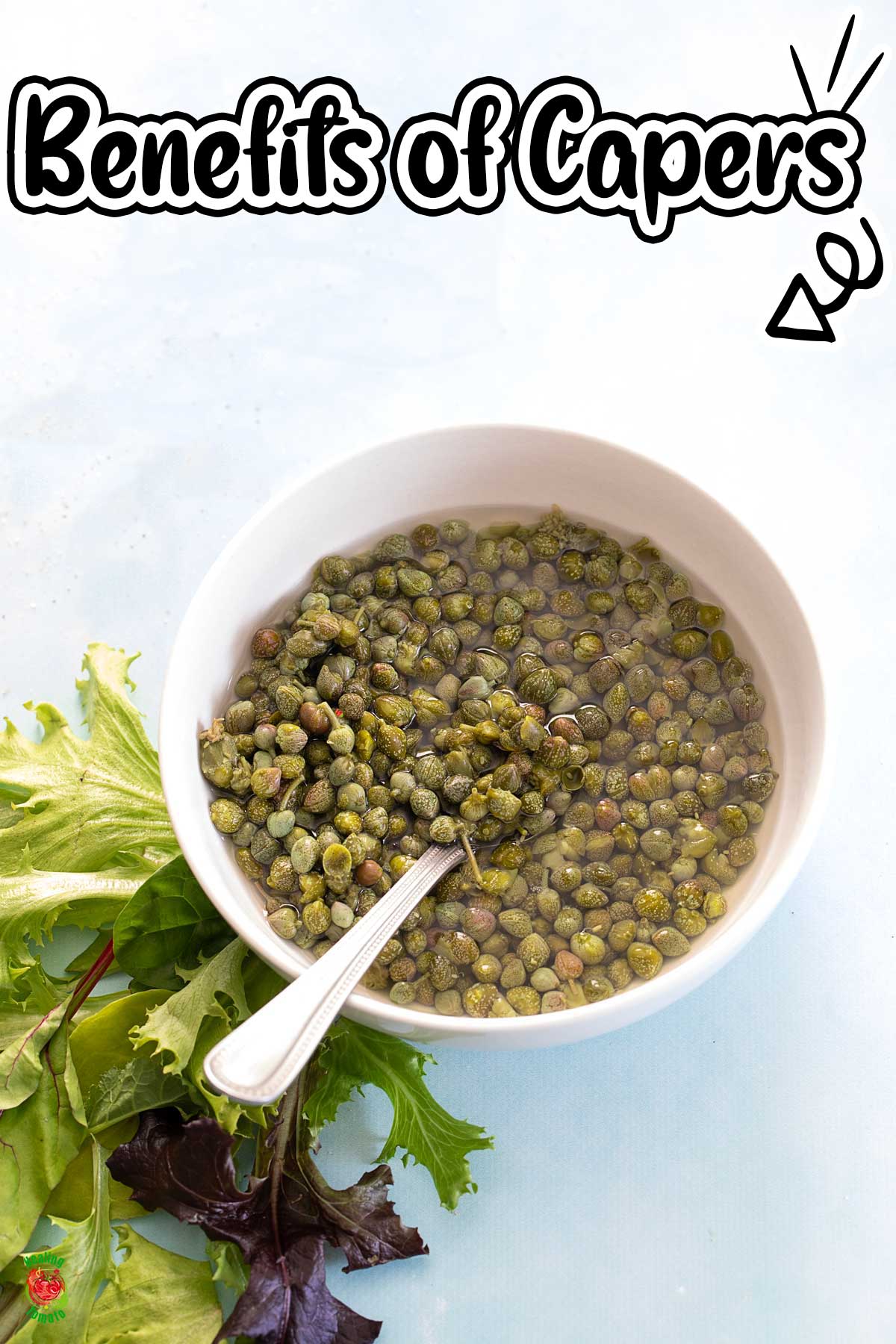
Capers not only add flavor to your dishes but also provide numerous health benefits. They are rich in vitamins A, K, and C, as well as minerals like iron and calcium. Capers also contain powerful antioxidants that help fight inflammation and oxidative stress in the body. Additionally, they may help limit the creation of harmful byproducts that are linked to cell damage and an increased risk of cancer. Incorporating capers into your diet can support overall health and well-being.
Popular Varieties of Capers

Popular Varieties of Capers include the Nonpareil, which are the smallest and most prized for their delicate flavor. Other varieties include the Capucine and Surfines, which are larger in size and have a stronger taste. The larger caper berries, also known as Caperonata, are often pickled and used whole in recipes. Each variety has its own unique flavor profile, so you can experiment and find the one that suits your taste preferences. Adding different varieties of capers can bring depth and complexity to your dishes.
Different types of capers and their flavor profiles

There are several popular varieties of capers to explore, each offering its own unique flavor profile. The Nonpareil capers are the smallest and most delicate, prized for their subtle flavor. Capucine and Surfines capers are larger and have a stronger taste. Caper berries, also known as Caperonata, are pickled and used whole in recipes, adding a burst of flavor. The different varieties of capers allow for experimentation and the opportunity to find the perfect complement to your dishes. So go ahead and explore the diverse world of capers and elevate your culinary creations.
Regional differences in caper varieties
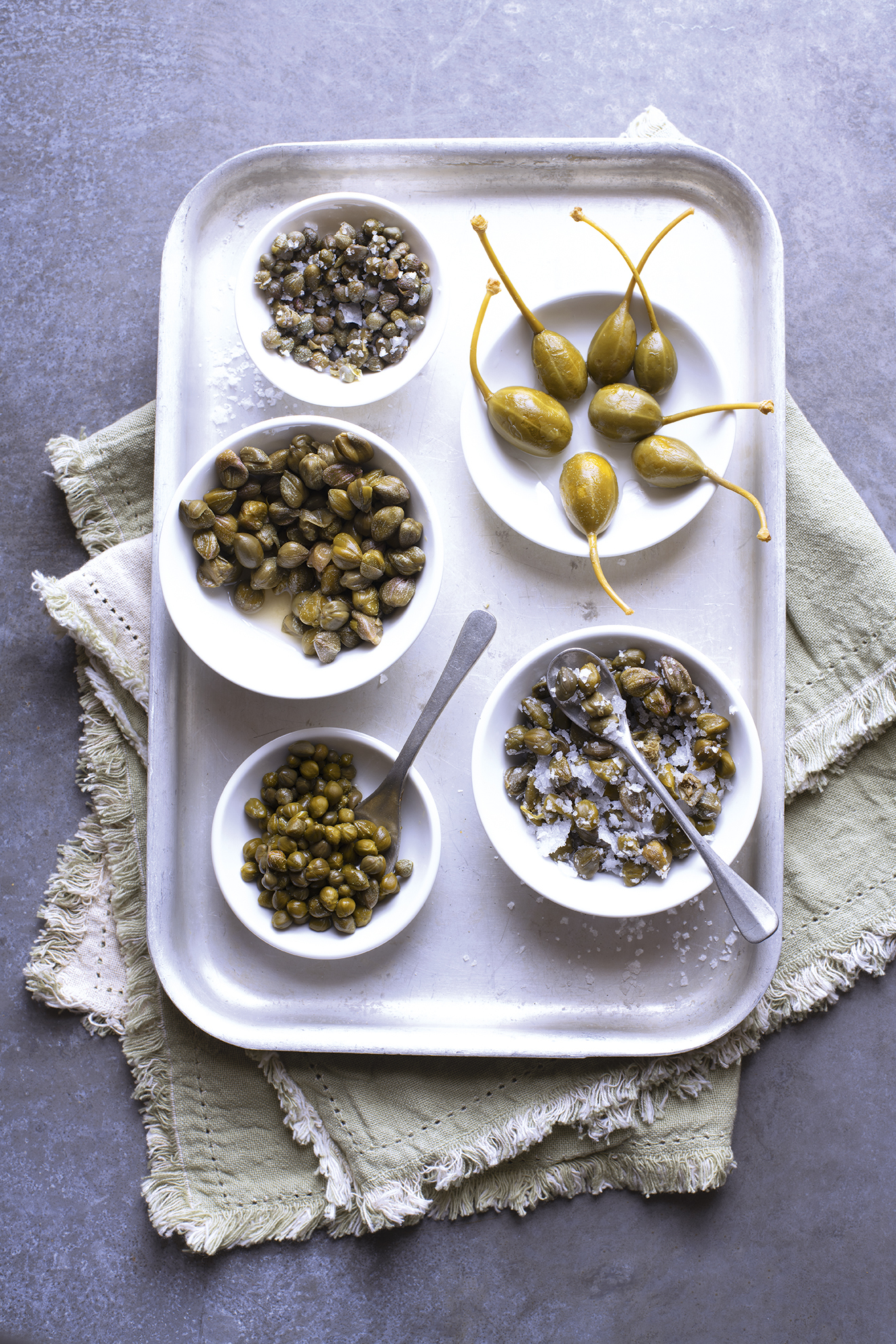
Regional differences in caper varieties provide an opportunity to explore unique flavors and culinary traditions. For example, Italian capers are known for their strong, slightly bitter taste, while Spanish capers offer a milder, tangy flavor. Moroccan capers have a distinct lemony taste, while French capers are often preferred for their delicate, floral notes. These regional differences allow chefs and home cooks to experiment with various caper flavors and find the perfect complement for their dishes. Whether you're adding capers to Mediterranean-inspired recipes or exploring global cuisines, regional variations in caper varieties can add an extra layer of complexity and depth to your culinary creations.
Substitutes for Capers in Cooking

If you find yourself in need of a substitute for capers in your cooking, there are several options to consider. Green olives can provide a similar briny flavor, while caperberries offer a milder taste similar to capers. Pickles, especially dill pickles, can also be used as a substitute. In addition, peppercorns and anchovies can bring a unique depth of flavor to your dishes. Experiment with these alternatives to find the best fit for your recipe and enjoy the culinary creativity!
Alternative ingredients to use in place of capers
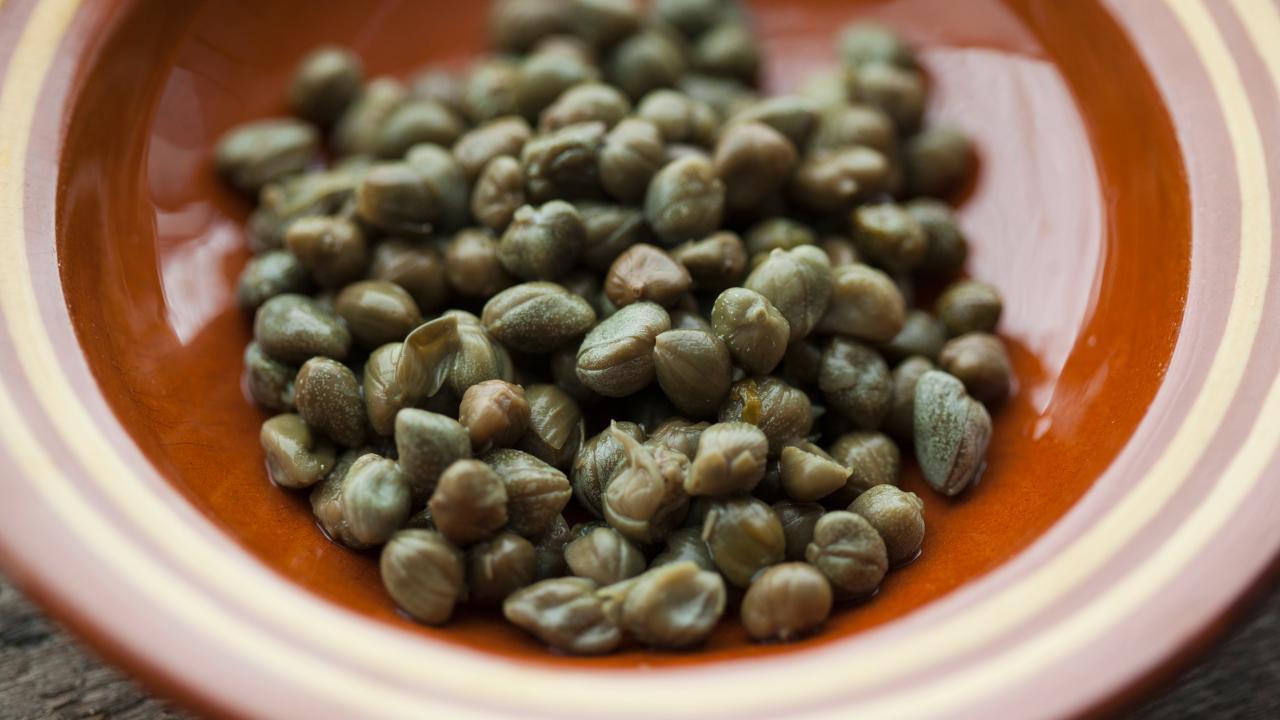
When substituting capers in your recipes, there are several alternative ingredients you can use. Green olives, with their bitter, sour, and salty taste, make an excellent substitute. Black olives can also provide a slightly less intense flavor. Caper berries, pickles, green peppercorns, and thyme are other options to consider. Experiment with these substitutes to find the perfect fit for your dish and enjoy the new flavors they bring.
Maintaining flavor balance when replacing capers

When replacing capers in your recipes, it's important to maintain the flavor balance. One way to do this is by using alternative ingredients that have a similar level of saltiness and tanginess. Green olives, pickles, or caper berries can provide a similar flavor profile. You can also try using a combination of lemon juice and salt to mimic the briny taste of capers. Remember to adjust the amount of the substitute ingredient to achieve the desired flavor in your dish.
Conclusion
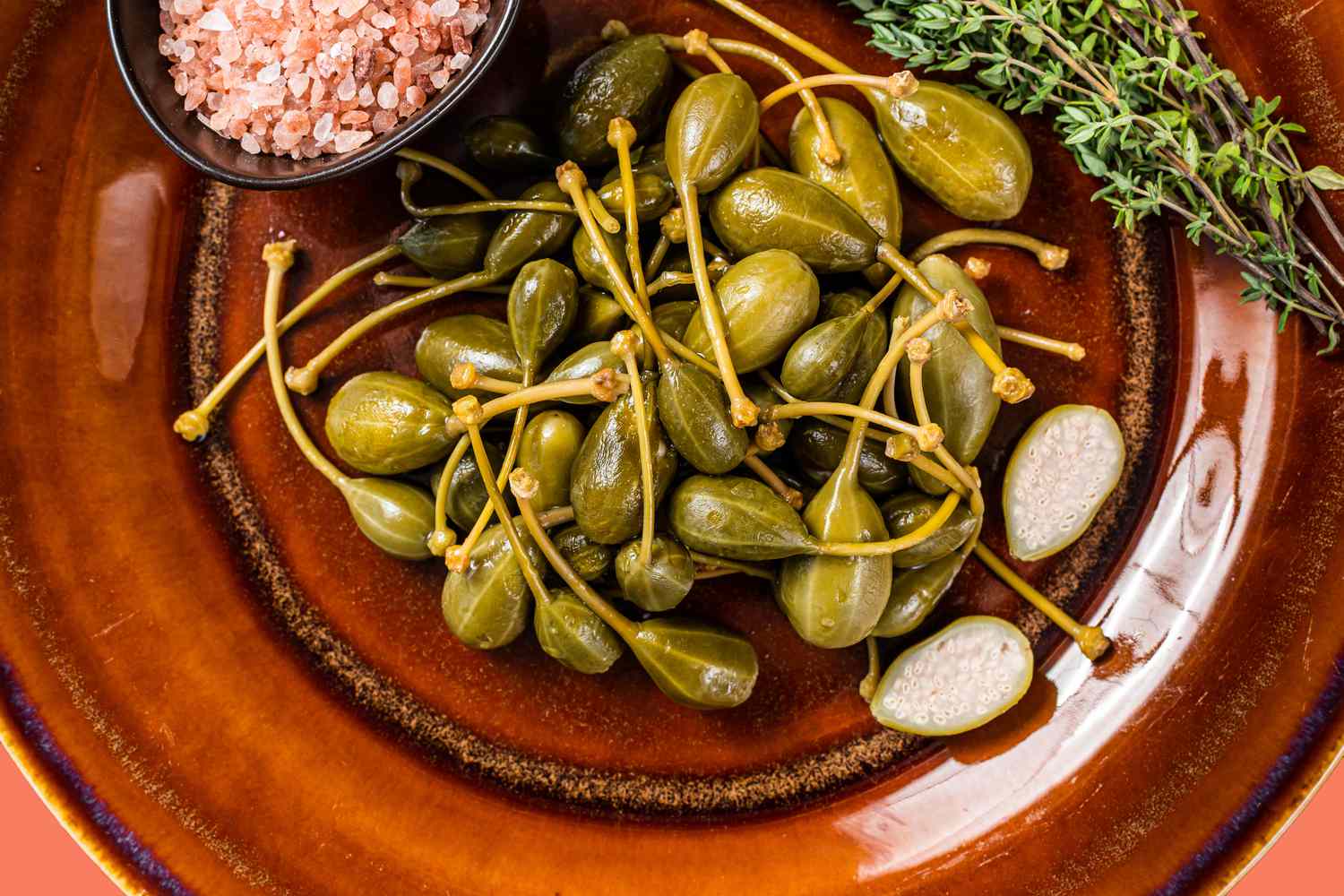
In conclusion, capers are a unique and versatile culinary ingredient that adds a delightful tangy and briny flavor to dishes. Their distinct taste adds complexity and depth, making them a valuable addition to various recipes. Whether sprinkled over salads, incorporated into sauces, or used as a garnish for fish dishes, capers provide a burst of brightness that elevates the overall flavor profile. Try incorporating capers into your cooking to discover new and exciting flavor combinations. Enjoy the versatility and deliciousness that capers bring to your dishes.
Summary of capers taste and culinary versatility
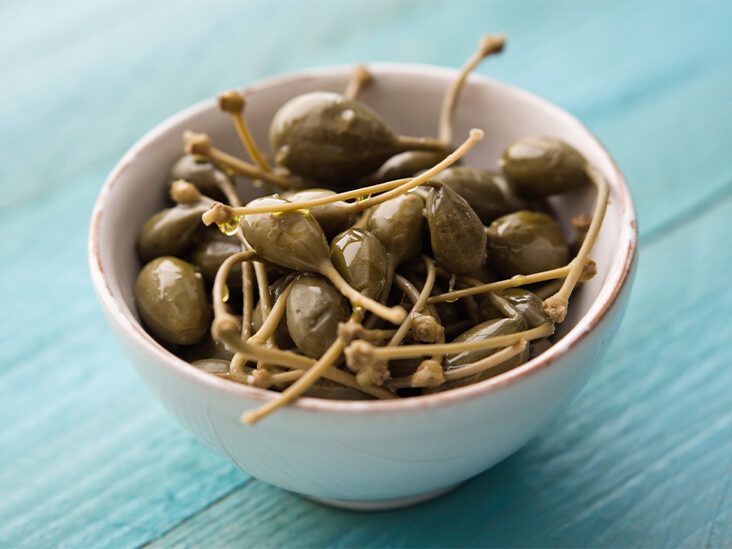
Capers have a distinct flavor profile that is tangy, briny, and slightly bitter. They add a burst of brightness to dishes and can be used in a variety of ways, such as sprinkling them over salads, incorporating them into sauces, or using them as a garnish for fish dishes. Capers are also rich in nutrients and offer health benefits, making them a valuable addition to your diet. With their versatility and unique taste, capers are worth exploring in your culinary creations.
Recipes to try incorporating capers

Looking for some delicious recipes to try incorporating capers? Look no further! Here are a few ideas to get you started:
- Lemon-Caper Chicken: Sauté chicken breasts in olive oil, then add a mixture of lemon juice, capers, and garlic. Simmer until the chicken is cooked through and the flavors meld together.
- Pasta Puttanesca: Toss cooked pasta with a sauce made from tomatoes, olives, garlic, red pepper flakes, and, of course, capers. Top with Parmesan cheese for added flavor.
- Salmon with Caper Sauce: Grill or bake salmon fillets, then serve with a tangy sauce made from capers, lemon juice, Dijon mustard, and Greek yogurt.
- Mediterranean Salad: Toss together mixed greens, cherry tomatoes, cucumber, feta cheese, and a handful of capers. Drizzle with olive oil and vinegar for a refreshing and flavorful salad.
These recipes showcase the versatility of capers and their ability to elevate any dish. Give them a try and discover the unique taste and culinary possibilities of capers!
DK FAQ MARK
FAQ about Culinary Condiments: What Do Capers Taste Like?
Q: What are capers?
A: Capers are small, green flower buds that are commonly used as a culinary condiment.
Q: What do capers taste like?
A: Capers have a tangy and salty flavor profile with a hint of lemony zest, providing a unique and briny taste to dishes.
Q: How are capers used in cooking?
A: Capers are often used as a flavor-enhancing ingredient in various dishes such as salads, sauces, pasta, fish, and meat dishes.
Q: Are capers healthy?
A: Yes, capers are low in calories and rich in antioxidants, vitamins, and minerals, making them a healthy addition to your diet when consumed in moderation.
Q: Can capers be substituted with other ingredients?
A: While there is no exact substitute for capers due to their unique flavor, you can try using green olives or pickles as an alternative in some recipes.
Q: How should capers be stored?
A: Capers should be stored in a cool, dark place and kept refrigerated after opening to maintain their flavor and freshness.

The Finer Diner has a rich history deeply rooted in the Mt. Oliver and Hilltop community. Our journey began with a simple yet ambitious vision – to create a welcoming space where friends and families could come together to enjoy delicious, comforting meals in a classic diner-style setting. Since our establishment, we have been dedicated to serving food, creating lasting memories, and fostering a sense of belonging within our community. Our commitment to quality, authenticity, and exceptional service has been the cornerstone of our success.